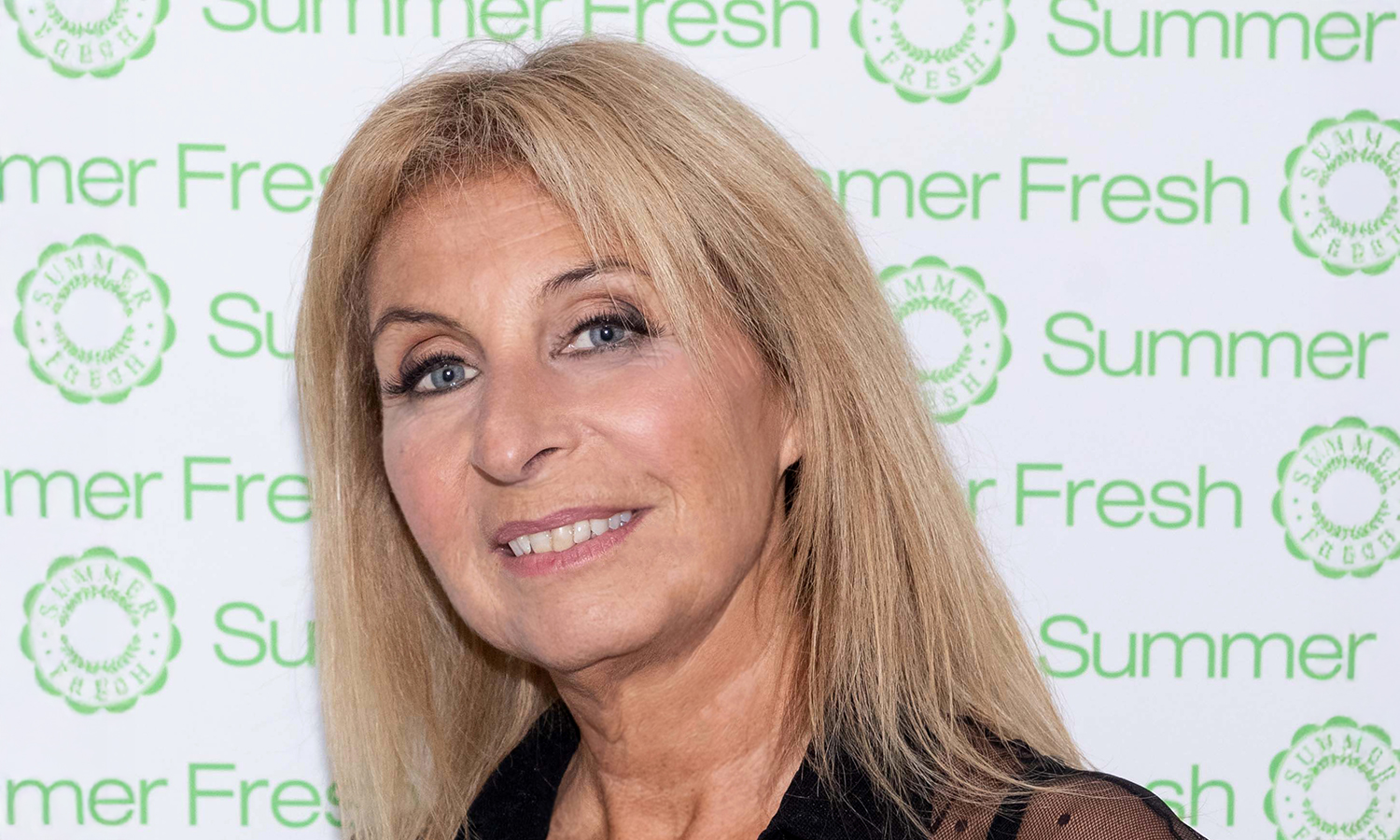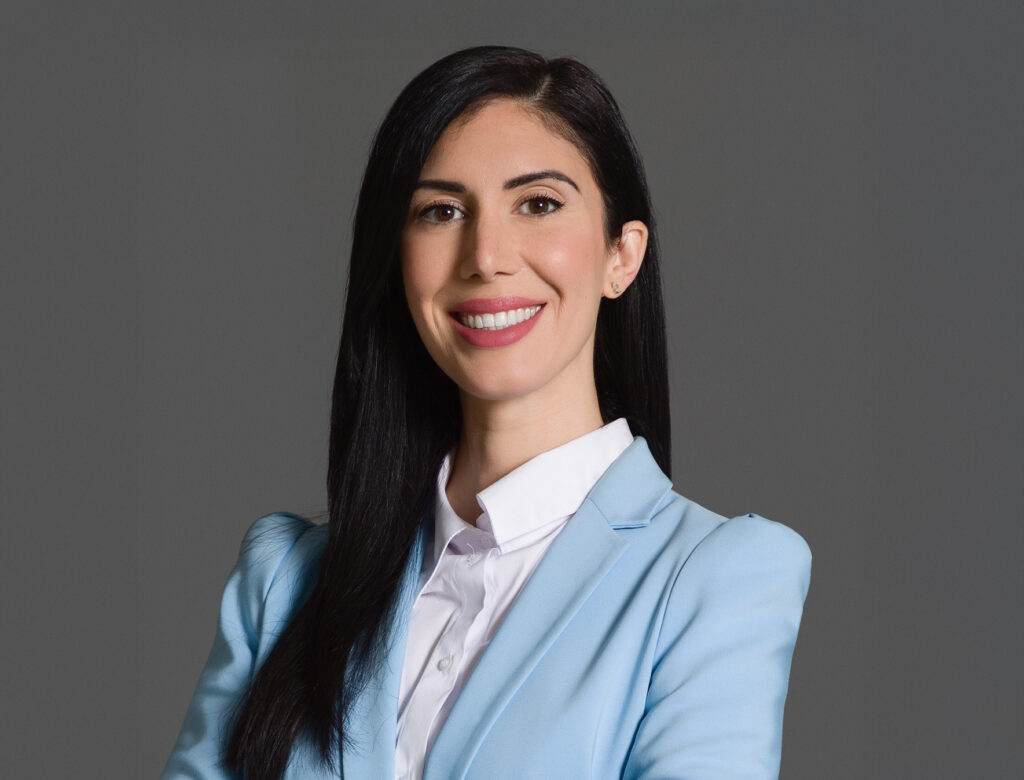“Absolutely not.” That is the frequent, firm response that Susan Niczowski, founder and president of Summer Fresh Salads, a Canadian, family-owned and operated provider of freshly prepared salads and healthy snacks, uses when asked if she was given any handouts or dealt any favours as a young entrepreneur in the late 1980s. She was, however, “taught several lessons”—and they have helped her become a pioneer in the freshly prepared food industry over the past 35 years.
Along with her mother, Niczowski launched Summer Fresh Salads in 1991 after earning a degree in chemistry and mathematics from the University of Toronto and working as a microbiologist at Shopsy’s Foods under Maple Leaf Foods Inc. Initially established in a 3,000-square-foot facility, Summer Fresh has evolved into a major North American distributor of preserved salads, dips, delicatessen products and more, serving major grocery chains, delis and restaurants. Niczowski’s company now boasts an 80,000-square-foot production space in Woodbridge, north of Toronto, and employs more than 400 people.
Born in North York, Ont., Niczowski is of Macedonian descent and on the board of the Macedonia 2025 Business and Professionals Association. She’s been called one of the “Big 20” entrepreneurs of the Macedonian diaspora by Mike Zafirovski, former Nortel CEO and current founder, chairman and president of The Zaf Group.
Here, she shares how one of those lessons—a difficult financial one from her father—set her on the path to becoming a self-made millionaire. Niczowski also reflects on how she approaches the challenge of succession with her 21-year-old daughter, and why her Macedonian heritage is as central to her entrepreneurial identity as it is to her personal one.
When did you first feel an entrepreneurial spark?
As an elementary grade student, way back when, we used to sell candy for Halloween, and it was fundraising. I just loved selling products. I was always in the top of my class with regards to fundraising sales. I won awards.
How did that initial talent for sales combine with your interest in food?
Coming from a Macedonian family and growing up in the 1960s and ’70s, my uncles and grandparents owned restaurants. I was always around food, and they were always talking about specials and what would entice customers. They would also be talking food costs. So, I was always surrounded by that.
You went on to obtain a degree in chemistry and mathematics from the University of Toronto. How did your education choices lead you back to food?
When I got out of university, I got to work [as a microbiologist] at Shopsy’s Foods, which manufactured hot dogs, sausages and salads. I had all these great ideas in terms of making the product more efficient, more effective, and making gourmet products. But I felt like I was in a box. And everything just took so long [from idea to development]. So, I left corporate and started Summer Fresh.
Growing up in a Macedonian household, food was always important to us. We’d be breaking bread with my grandparents, my uncles, my aunts, whenever we had a barbecue or a picnic, or when we made homemade pickled peppers and tomato sauces. Food was always in our lives.
[My father] said, ‘I’m not going to give you a loan. You’re going to have to go and figure it out on your own.
In 1991, the ready-to-eat market was pretty bleak in terms of nutritional value. Do you recall what you were up against with your ideas about fresh food?
Oh, absolutely. Being a 20-year-old in the late ’80s, early ’90s, I just felt there was a need in the marketplace for fresh, prepared food. They needed to be just as good as what you were making at home, without the fuss. I saw then that, whether you’re a working parent or a career person who is pressed for time, if you’re getting home at eight o’clock at night and starting to cook potatoes, you’re not going to have a meal until ten o’clock at night. I really felt that the North American market was ready.
What was your experience as a young woman seeking capital in the late 1980s and early 1990s?
I was fortunate that I had parents who backed me up mentally, emotionally and financially, but my father taught me a lesson. He said, ‘I’m not going to give you a loan. You’re going to have to go and figure it out on your own.’ So, I contacted Royal Bank of Canada, and I went in one day with my suit and my heels and my briefcase and I said, ‘I need $50,000 for a loan.’ And the woman said, ‘No problem. Do you have collateral?’ And I said, ‘I’ve got an old Honda Accord, clothes and jewelry.’ So, I was spending what I was making.
At that point you were creating gourmet, ready-to-consume meals out of your mother’s kitchen.
The woman at the bank asked me for my business plan, and I told her that if I looked at the buyer the wrong way I couldn’t get a listing and I couldn’t make a sale. I returned home and asked my father if he would co-sign a potential bank loan, and he said, ‘Absolutely not.’ After crying all weekend, my mom agreed to co-sign. But she made me agree that for every dollar I made, I would save a dollar instead of spending two dollars. So, with my $50,000, I started.
How would you describe your experience as a woman in 1991, essentially on your own running a brand-new business?
Nobody would take me seriously. For the longest time, people I was doing business with thought I could not make a decision. They wanted to talk to my male sales director. I had to prove myself with a lot of trial and error, being upfront, being honest, in order to keep my integrity and build a reputation for myself as a brand. The food industry is still very male-dominated. Some people still, today, want to talk to a male employee.
We’re always looking at what the consumer, at different ages, wants.
Did you encounter similar resistance during your university studies in science?
Yes, going into STEM studies was definitely stepping into a boy’s world. There were only a few of us females in my classes. But I believe you should enjoy what you’re doing.
It’s nearly 35 years since Summer Fresh was founded, and there are plenty of ready-made, healthy-meal brands in the market. How do you stay innovative?
We’re always looking at what the consumer, at different ages, wants. My 21-year-old daughter is eating healthy foods for a certain reason, and I’m eating healthy foods for a different reason, but we’re both eating healthy foods to feel good about ourselves. You have to pay attention to consumer trends but also be ahead of what their needs are. I do a lot of travelling, and when I go into a restaurant I’ll order everything on the menu to get an idea of how we can ‘Summer Fresh’; it and bring an amazing new product into grocery stores.
How has the Canadian consumer changed since 1991?
Canada is always changing, and we have a lot of different people coming into Canada from different countries. What this consumer wants is very different from what I eat or from what my grandparents ate. It’s important to understand that and know where these new consumers are shopping and what we can do to fulfill their needs.
How has this politically precarious era and tariffs effected your business?
Our vegetables are fresh, so these are definitely challenging times. We try to purchase locally as much as we can, but we’re still—during certain seasons—buying vegetables from California or Florida. So, we’re definitely hit with tariffs. You just can’t get, for example, red peppers, green peppers and cucumbers locally in June. So, we have to try to buy smart and buy safe.
Do you talk to your daughter about succession or about being involved in the business going forward?
My daughter has toyed with the idea of coming into the business, but we’ll see. I would love for her to work somewhere else and get a feel for industry. Then, with her education and the experience, could she take the company to the next level? But she’d have to start from the bottom up and understand the entire business from a production standpoint and then every department in our organization.
You’re very involved in philanthropic endeavours, particularly those tied to the Macedonian community. Why is that important to you?
My parents were part of Decata Begalci, who were children that were part of the Macedonian diaspora, or ‘refugee children’ of the North Macedonia and the ethnic Macedonian diaspora during the Greek Civil War of 1946–1949. They ended up going to Poland through foster homes, and they didn’t have food on their table, and they certainly had no idea of education. Through the Polish government, they were able to have access to food and education, and since that time in my parents’ lives, giving back to the community has always been important to our family. We’re big believers in nutrition for children, but also in nutrition for the elderly.
On the topic of care for the elderly, the Canadian Macedonian community recently paid tribute to you at the ‘Re-Imagine Gala’ in Toronto, which raised money for Canadian Macedonian Place home for seniors. How did that feel?
I’m honoured to be a Canadian Macedonian. I was born in Toronto, grew up in Downsview, and have been involved in the Macedonian community since I was born. I danced in folklore, and as a young person I was able to give back through dance and community activities. As I got older, I was able to become a board director at Canadian Macedonian Place, and I was honoured last November at their gala, and we were able to raise $825,000. I want to help take Canadian Macedonian Place to the next level.
Are there any new projects, philanthropic or otherwise, you are excited about now?
We always have something simmering. We’re always travelling, exploring and looking to new passions.
The Canadian Family Offices newsletter comes out on Sundays and Wednesdays. If you are interested in stories about Canadian enterprising families, family offices and the professionals who work with them, but like your content aggregated, you can sign up for our free newsletter here.
Please visit here to see information about our standards of journalistic excellence.




